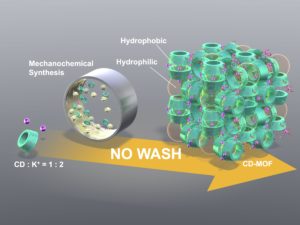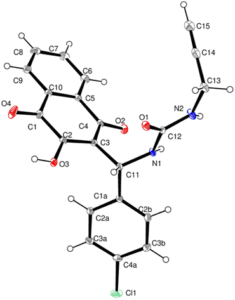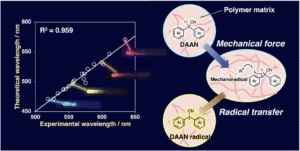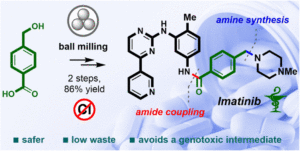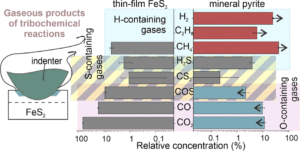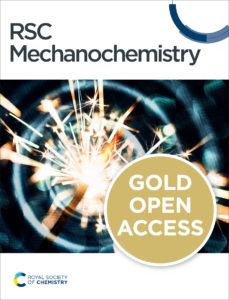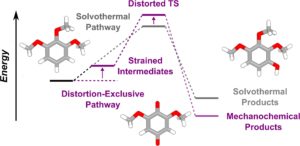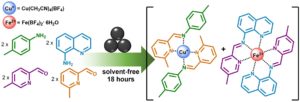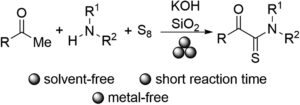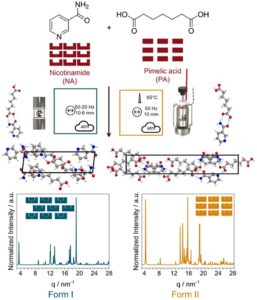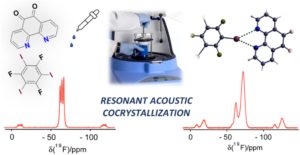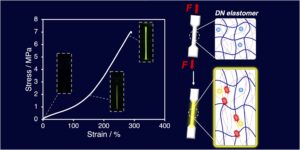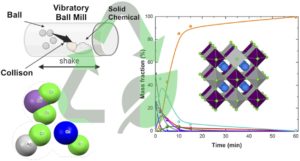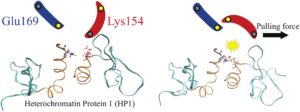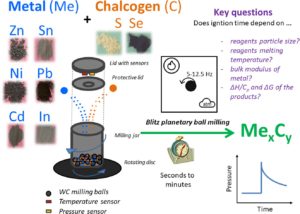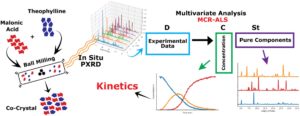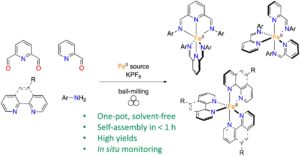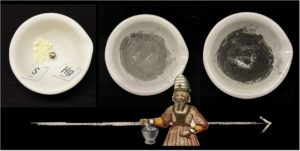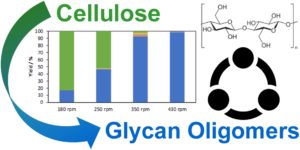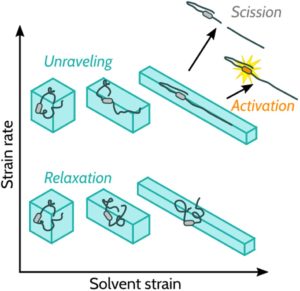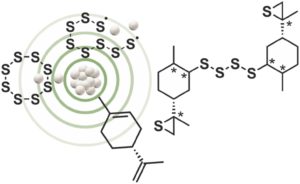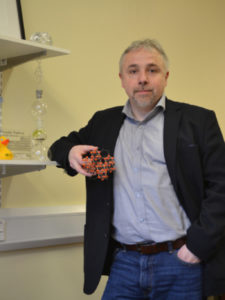
Did you miss it?
Watch back the 2024 RSC Mechanochemistry Showcase any time via:
- our Youtube channel here
- on WeChat here.
RSC Mechanochemistry is the first journal entirely dedicated to the study of mechanical forces in chemistry and the central role of mechanochemistry in many other disciplines.
Chaired by Editors-in-Chief James Batteas and Tomislav Friščić, our Showcase featured the RSC Mechanochemistry Editorial Board discussing their vision for the journal and board members showcasing selected articles from the research already published, including:
- “What makes every work perfect is cooking and grinding”: the ancient roots of mechanochemistry, RSC Mechanochem., 2024, 1, 123-129, DOI: D3MR00035D
- Total Mechano-synthesis of 2-Cyclopropyl-4-(4-Fluorophenyl) Quinoline-3-Acrylaldehyde—A Pivotal intermediate of Pitavastatin, RSC Mechanochem., 2024, Accepted Manuscript, DOI: D4MR00036F
- Revealing the mechanism of reductive, mechanochemical Li recycling from LiFePO4, RSC Mechanochem., 2024, Advance Article, DOI: D4MR00014E
- Diverse metastable diarylacetonitrile radicals generated by polymer mechanochemistry, RSC Mechanochem., 2024, 1, 181-188, DOI: D3MR00031A
- Enhanced HP1α homodimer interaction via force-induced salt bridge formation: implications for chromatin crosslinking and phase separation, RSC Mechanochem., 2024, 1, 78-93, DOI: D3MR00011G

The event was first broadcast live on 11 July 2024 via RSC YouTube and LinkedIn.
Find out more about RSC Mechanochemistry on our journal website (rsc.li/RSCMechanochem), and stay up to date by signing up for our e-alerts now.



